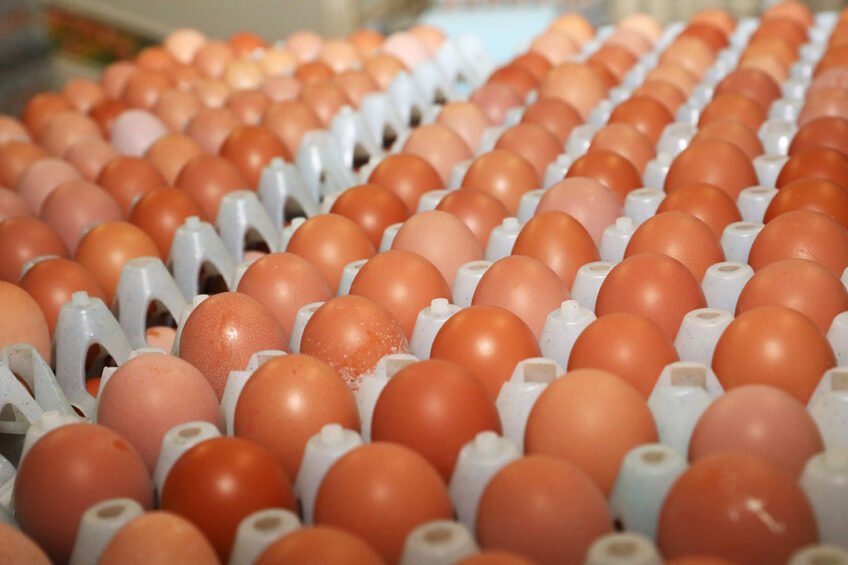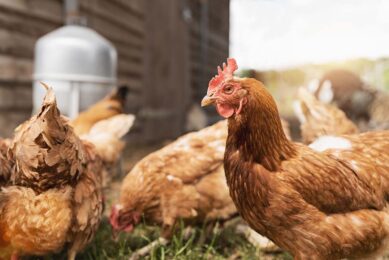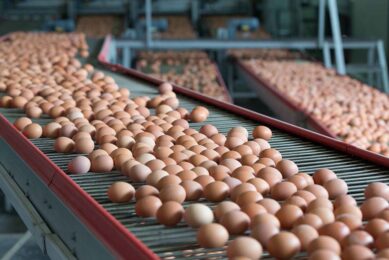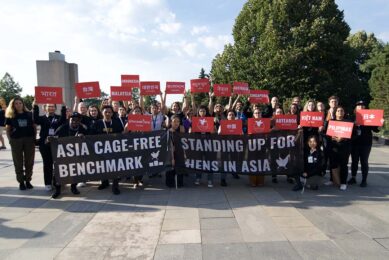Protests cause chicken and egg shortage on Colombian market

Protests against Colombian president Ivan Duque have led to blocked roads, affecting poultry production and supply throughout the country.
The shortage of chicken and eggs ranged between 20% and 40% in different regions of the South American nation in the beginning of May. Protests took off near the end of April when president Duque proposed tributary reform and have left dozens dead and hundreds wounded. The events mark the third major uprising against the president since he came into power in August of 2018.
Although the president has since withdrawn the planned reform and the finance minister has resigned, post-conflict unrest seems to persist in Colombia. In addition to the challenges arising from the Covid-19 pandemic, the country faces unemployment rates of 16.8% and poverty rates of 42.5% across its entire population.
During the most recent protests, demonstrators blocked crucial roads for Colombian logistics, also affecting the poultry sector. The situation was worst in Cali and Valle del Cauca, where distribution by roads and airways was blocked for days.
“Production heavily depends on these cities and the shortage is a consequence of the closure of Valle del Cauca, where 30% of all Colombian eggs are produced. In Bogotá, for example, we have an average shortage of 24%,” explained Gonzalo Moreno, president of the National Federation of Poultry Farmers (Fenavi).
Colombia: What matters to millennials when buying chicken
Most Colombian millennials choose poultry meat that is natural, fresh, and produced with animal welfare in mind, according to a consumer survey. Find out more…
According to Moreno, different regions have stopped distributing their products to elsewhere in the country. For example, Santander and Antioquia are self-sufficient, but are not sending their production to other regions. At the same time, the permanent blockades of main roadways have led to losses of more than 12 million eggs, 16,000 tonnes of chicken, and 48,000 tonnes of feed.
According to local press, Fenalco (the National Federation of Commerce) president Jaime Alberto Cabal warned that prices are likely to double in some cases. He said: “These blockades could lead to price hikes ranging from 10% to 110%, mostly affecting the Colombian population. In Santander specifically, 40 million birds are about to die.”
In Cali, the army has dissolved 30 blockades, but in the city, products are still scarce. Local reports detail scarcity of fresh and frozen meat as well as inflated prices for these and many other items.
Pressure grows on Brazil to scrap deforestation bill
Leading European poultry firms threaten to boycott Brazilian agricultural commodities if Brazil’s Congress passes a bill leading to more deforestation. Read more…
Food coming from areas close to the capital of Valle del Cauca can pass on roads, sometimes guarded by public forces, but only in small quantities. When supply comes from Bogotá, however, it is impossible to pass due to the protesters’ many checkpoints.
As consequence, poultry meat is sold at US$ 7.34 per kg (around 25,000 pesos), eggs are sold at US$ 6.12 a dozen, and bananas costs almost US$ 1.22 apiece. The minimum wage in Colombia, for those who receive one, is close to US$ 247 per month.
Join 31,000+ subscribers
Subscribe to our newsletter to stay updated about all the need-to-know content in the poultry sector, three times a week. Beheer
Beheer








 WP Admin
WP Admin  Bewerk bericht
Bewerk bericht